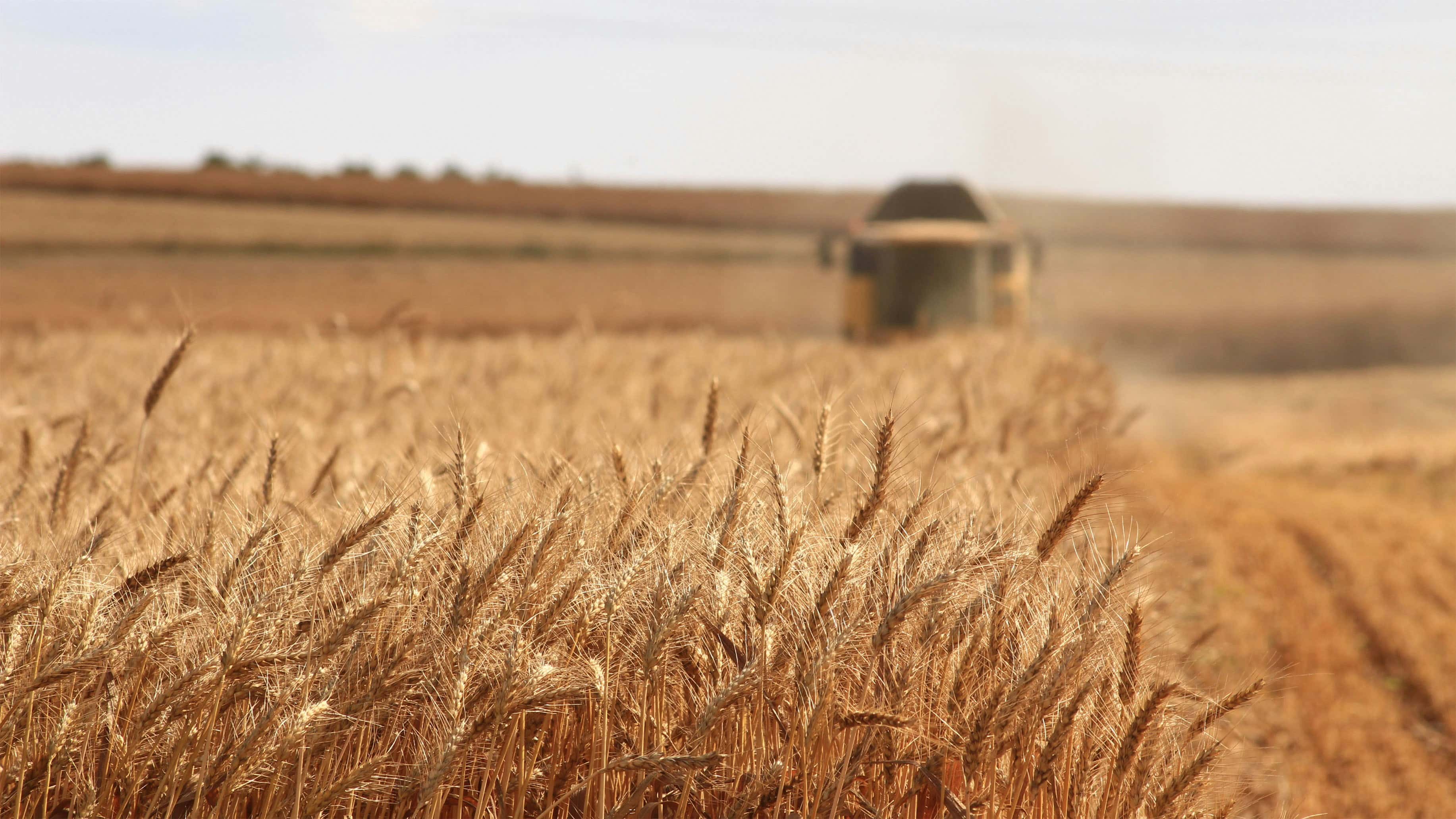Key Takeaways
- Deloitte’s report, “Turning Point: Feeding the World Sustainably,” presented at COP29, explores the social and economic benefits of sustainably transforming global food production.
- The report estimates that sustainable food systems could feed an additional 1.6 billion people and reduce greenhouse gas emissions from food production by two-thirds by 2070.
- Without intervention, unchecked climate change could cost the global economy $190 trillion and reduce the value of primary food production industries by $13 trillion between 2025 and 2070.
- Sustainable practices could increase global food production by 9% and reduce food prices by 16%, benefiting lower-income regions the most.
- The report outlines five solutions, including technological innovation, emissions reduction, and addressing food waste, to achieve these goals.
Challenges in Global Food Systems
The report highlights three interconnected challenges: feeding a growing population, addressing undernourishment, and reducing greenhouse gas emissions from the agricultural sector. Currently, 730 million people, or 10% of the global population, are undernourished. With the global population projected to reach 10 billion by 2070, the demand for food is expected to increase by 40%, necessitating a transformation in food production to meet nutritional needs sustainably.
Opportunities and Risks
The report suggests that a sustainable transformation of food systems could provide nutritional benefits for an additional 1.6 billion people by 2070, with a focus on regions most affected by hunger, such as Sub-Saharan Africa, South and Southeast Asia, and South America. In addition, reducing food system emissions could contribute significantly to global net-zero goals.
Deloitte’s analysis also warns of the economic risks of inaction. If current trends continue, the global economy could face $190 trillion in losses due to climate change impacts, with the food production sector accounting for a significant share. Food prices could rise further, exacerbating malnourishment and food insecurity, particularly in lower-income regions.
Jennifer Steinmann, Deloitte Global Sustainability Business leader, commented: “COP29 is a pivotal moment for global leaders to consider the costs of inaction on climate change, which could significantly impact human well-being and the global economy. Investing in sustainable food systems can help address these challenges while boosting economic growth across industries.”
Benefits of Sustainable Food Systems
The report estimates that adopting sustainable food systems could generate $121 trillion in global GDP growth by 2070 while providing environmental and social benefits. Sustainable practices could reduce food prices by 16%, making nutritious diets more accessible, particularly in lower-income countries.
In these regions, food consumption per capita could increase by an average of 626 calories per day, accompanied by a 12% rise in GDP, highlighting the disproportionate benefits for vulnerable economies.
Randy Jagt, Deloitte Global Future of Food leader, stated: “Transforming global food systems to focus on sustainability will address interconnected challenges, benefiting populations already disproportionately impacted by food insecurity and climate change.”
Proposed Solutions
The report identifies five key solutions to achieve a sustainable food system:
- Accelerating innovation to improve productivity and agricultural efficiency.
- Investing in natural capital to protect and restore ecosystems.
- Reducing emissions to mitigate climate-related damages.
- Promoting sustainable consumer choices to align demand with environmental goals.
- Enhancing circularity to reduce food waste and improve resource efficiency.
Call to Action
The report emphasizes the urgency of aligning global efforts to transform food systems. Policymakers, businesses, and agricultural stakeholders are encouraged to adopt integrated strategies that address food security, reduce emissions, and promote sustainable growth.
Dr. Pradeep Philip, partner at Deloitte Australia and co-author, stated: “The status quo in food production is no longer viable. Feeding the world sustainably requires large-scale, fundamental change across every part of the global economy.”
Read the entire report here.


